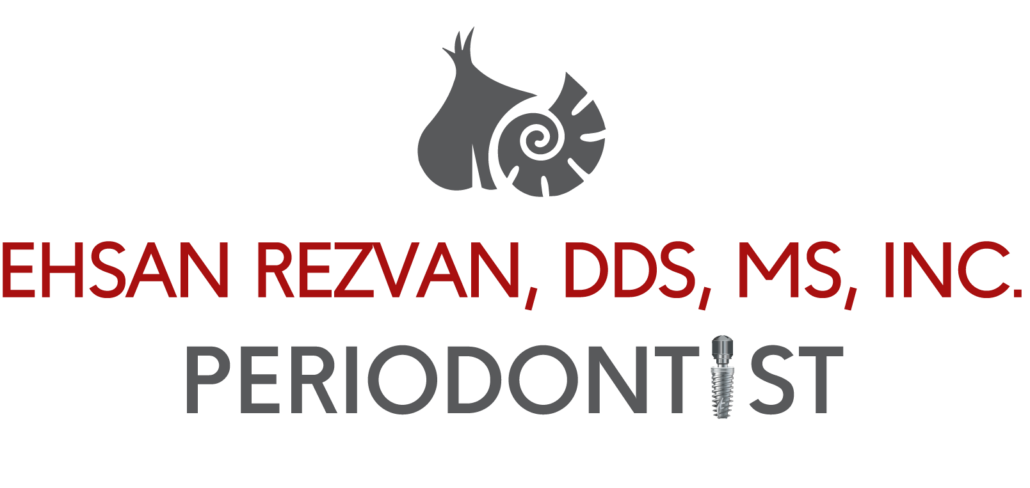If you lose one or more teeth due to periodontal disease or another cause, rest assured knowing that dental implants are designed to provide a foundation for replacement teeth that look, feel, and function like natural teeth. Implants allow individuals who have lost teeth to regain the ability to eat virtually anything and smile with confidence, knowing that teeth appear natural and that their facial contours are preserved. Patients with dental implants can smile with confidence and change the way they live!
What Are Dental Implants?
Dental implants are designed to secure replacement teeth that look, feel, and function like natural teeth. They allow people who have lost teeth to regain the ability to eat virtually anything and smile with confidence, knowing that their teeth appear natural. The implants themselves are tiny titanium posts that are surgically placed into the jawbone to act as tooth root substitutes.
The bone bonds with the titanium, and small posts that protrude through the gums are then attached to the implant, providing stable anchors for artificial replacement teeth. Dental implants also preserve facial structure, preventing bone deterioration that would otherwise occur when teeth are missing.
Evaluation
If you feel implant dentistry is the choice for you, the first step is undergoing a dental/radiographic examination and health history overview. During these consultations, Dr. Rezvan will address your specific needs and questions. Your concerns are important to us and our team will work closely with you to help make your procedure a success.
This is also when we will discuss fees and insurance. Many insurance plans include coverage for implants, and we are happy to assist you in obtaining any benefits to which you may be entitled.
The Surgical Procedure
The placement of dental implants typically involves two procedures:
First: Implants are placed in your jawbone. Necessary healing time following surgery depends on the person and factors like hardness of bone. In the first three to six months following the surgery, dental implants will sit beneath the surface of the gums, gradually bonding with the jawbone. During this time, you should be able to wear temporary dentures and follow a soft diet. This is also when your dentist designs the final bridgework or denture that will ultimately improve your mouth’s function and appearance.
Second: Phase begins once the implant has bonded to the jawbone. Dr. Rezvan will uncover the implants and attach a small healing collar, while your general dentist starts making your new teeth. An impression must be taken to be sure that the posts or attachments will align with the implants, and then the teeth are made to fit your jaw like a glove. The entire procedure usually takes six to eight months, and most patients do not experience any disruption to their usual routine.
What Types of Prosthesis are Available?
Each prosthetic tooth attaches to its own implant, and the number of implants varies depending on which type of prosthesis (removable or fixed) your doctor recommends. A removable prosthesis (known as an overdenture) is connected with a bar or ball in socket attachment, whereas a fixed prosthesis is permanent and removable only by a professional. A partial prosthesis can replace two or more teeth and may require only two or three implants, while a complete dental prosthesis replaces all of the teeth in your upper or lower jaw.
Dr. Rezvan performs dental implant surgery in a hospital-style operating suite within the office, optimizing the sterility and convenience of the procedure. If a patient has special medical or anesthetic needs, or requires extensive bone grafting, they will undergo inpatient hospital implant surgery.
With extensive training and experience with dental implants, Dr. Rezvan is up to speed on the most current information on implant dentistry, such as TEETH-IN-A-DAY™, and will work with you to find the best course of action.

